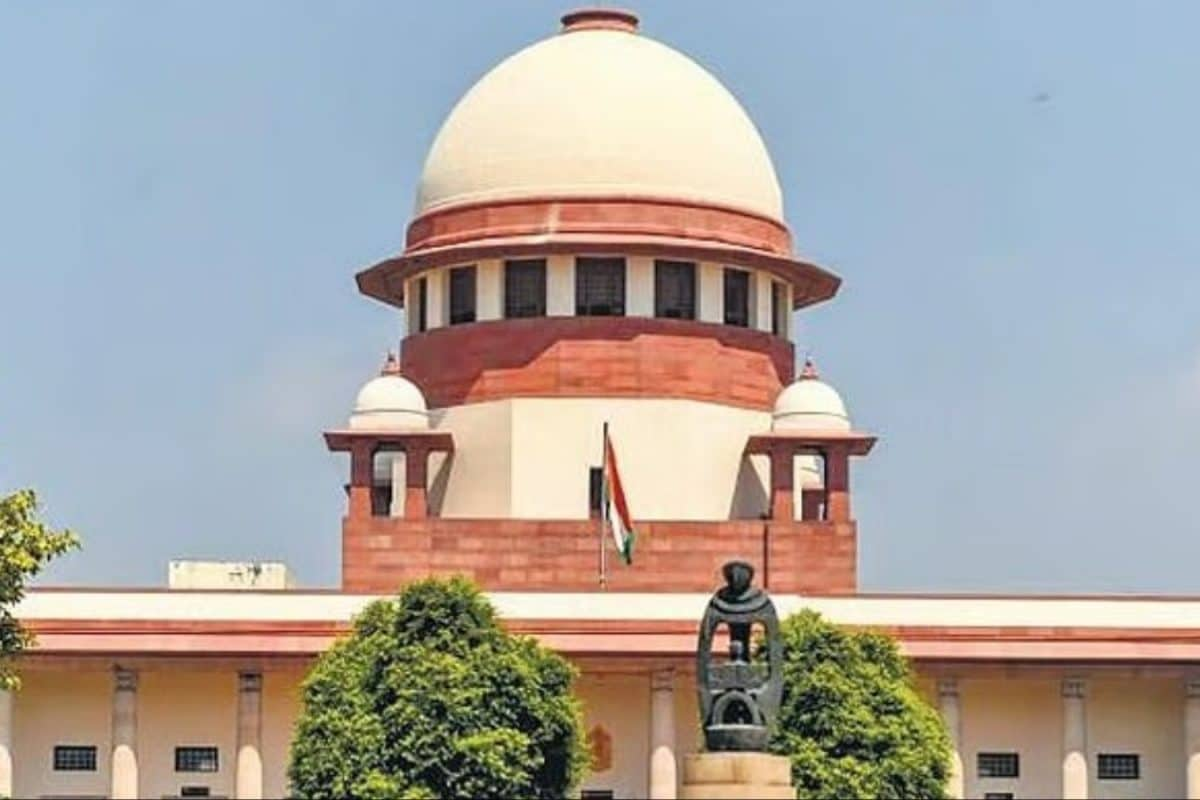

The Supreme Court of India has put a hold on the Bombay High Court's judgment that acquitted all twelve individuals accused in the 2006 Mumbai train blasts case. The ruling by the apex court came after the Maharashtra state government challenged the High Court's decision.
On July 21, 2025, the Bombay High Court overturned the 2015 conviction by a special court under the Maharashtra Control of Organised Crimes Act (MCOCA), which had sentenced five of the accused to death and seven to life imprisonment. The High Court acquitted all the accused, citing the prosecution's failure to prove the case beyond a reasonable doubt. The special court had previously acquitted one person.
The 2006 Mumbai train blasts, which occurred on July 11, 2006, involved a series of bomb blasts that ripped through seven coaches on the Western Suburban Railway, also known as Mumbai local trains. The coordinated blasts killed 189 people and injured over 800. The Maharashtra Anti-Terrorism Squad (ATS) investigated the case.
The Supreme Court's decision to stay the Bombay High Court's judgment means that the High Court's verdict will not be treated as a precedent in other cases. However, the Supreme Court did not order the re-arrest of the eleven accused who had been released from prison following the High Court's acquittal. Nine of the eleven acquitted individuals have already been released from various prisons in Maharashtra. Two others remain in prison due to other pending cases against them. One of the death row convicts died in 2021.
Solicitor General Tushar Mehta, representing the State of Maharashtra, argued that certain observations made by the High Court in its judgment could impact other pending trials under MCOCA. The state government, in its appeal, raised objections to the High Court's order, asserting that due procedural safeguards under MCOCA were observed, including proper sanctioning by senior officers. The government also contested the High Court's rejection of the recovery of RDX from one of the accused, which the High Court had dismissed on a "hyper-technical ground".
Following the High Court's acquittal, Abdul Wahid Shaikh, who had been acquitted by the special court in 2015, called for a re-investigation of the case through a Special Investigation Team (SIT) headed by a High Court judge. Shaikh, who spent nine years in jail before his acquittal in 2015, also demanded an apology from the ATS for the flawed investigation and compensation for those who were wrongly imprisoned.
The Bombay High Court, in its decision to acquit the accused, raised concerns about the trustworthiness of witnesses and the validity of confessions. The court also questioned the prosecution's theory that the bombs were packed in pressure cookers, noting that the prosecution's evidence and witnesses were unreliable. The judges stated that the prosecution had failed to establish the offenses beyond a reasonable doubt and that punishing the wrong person would undermine public trust.